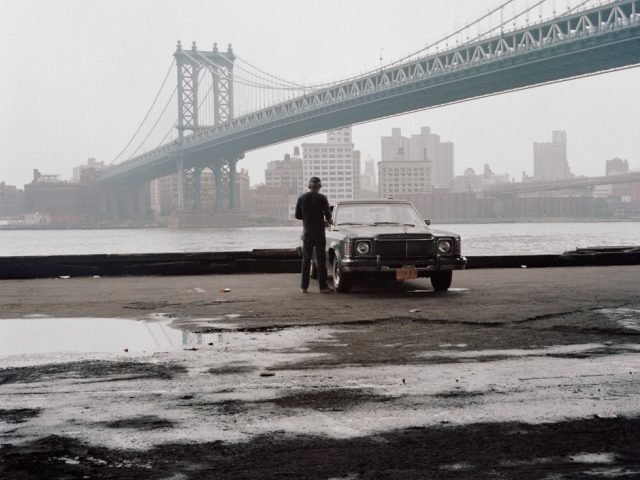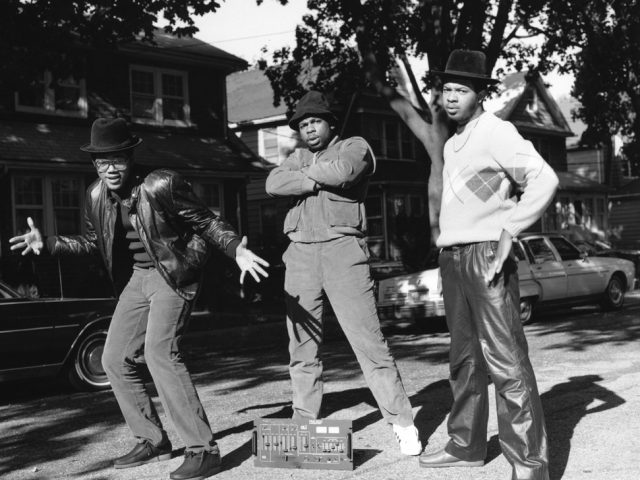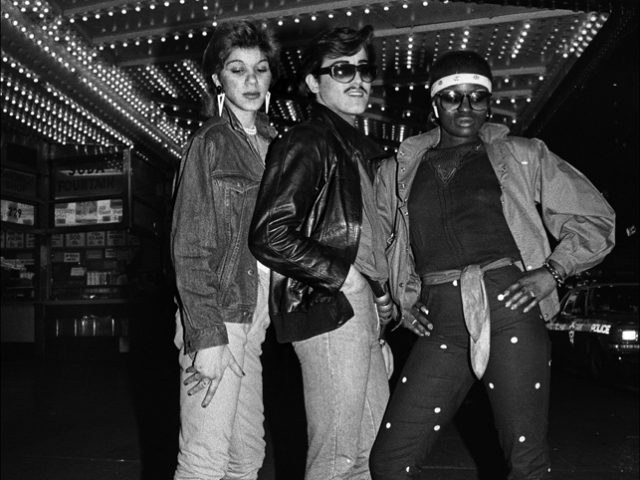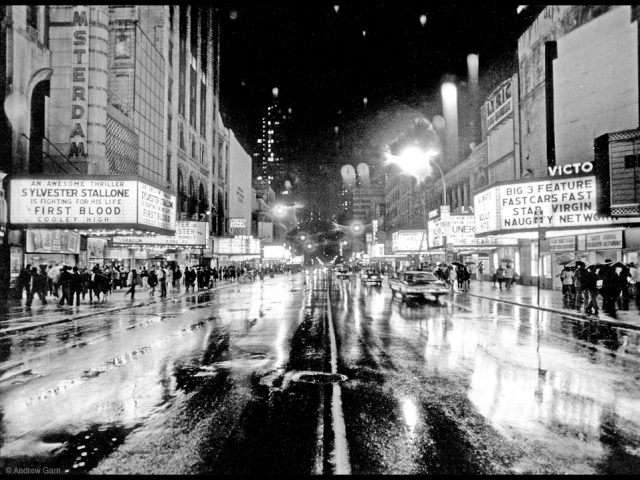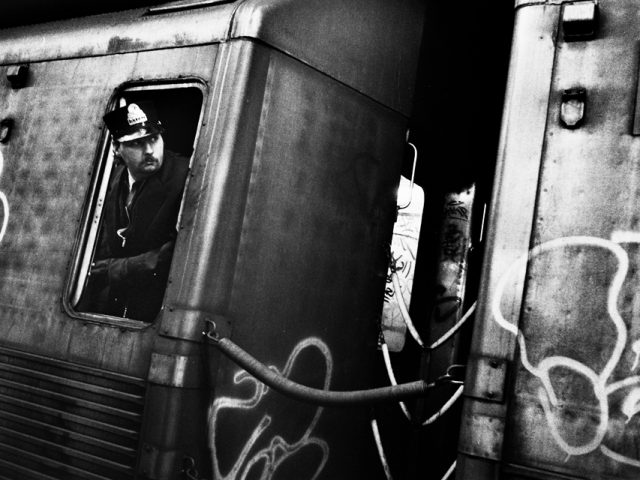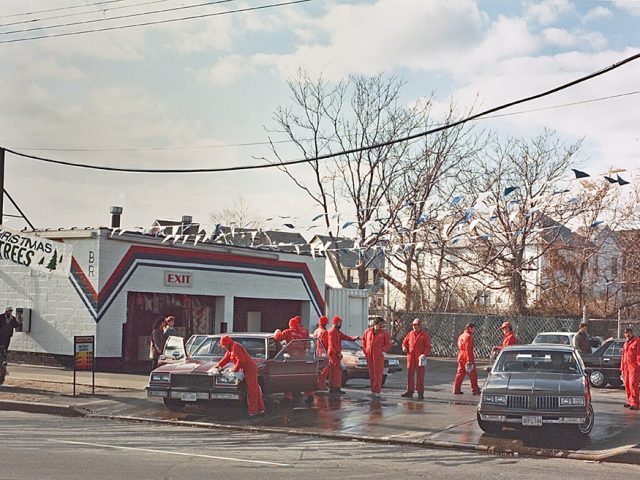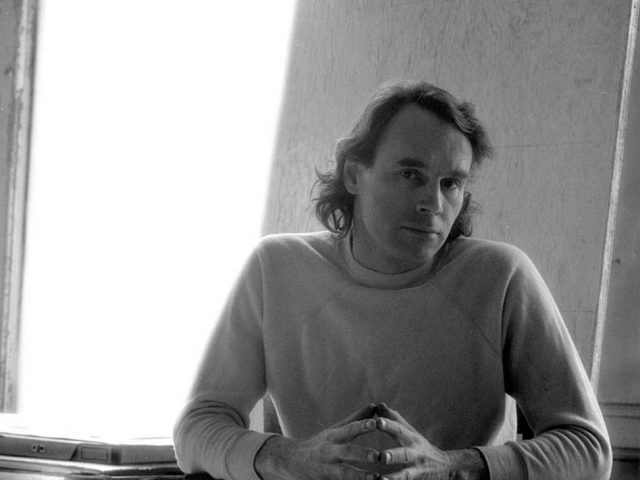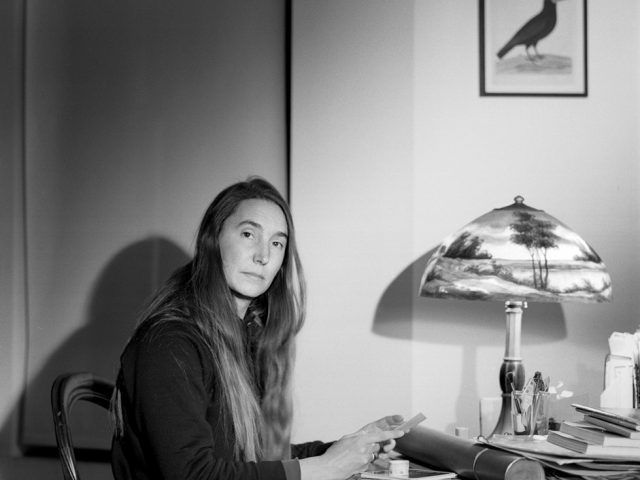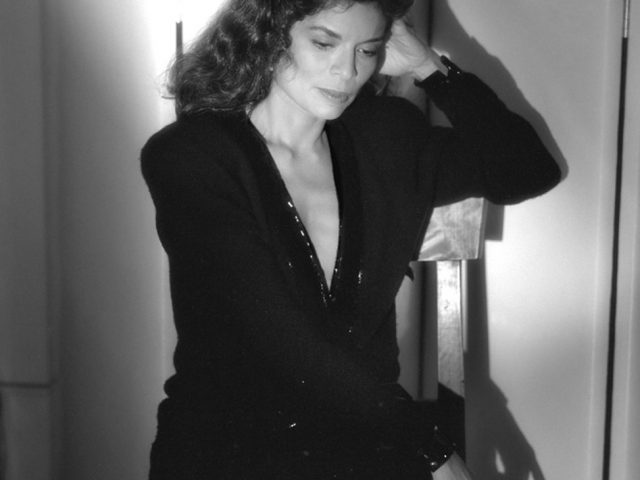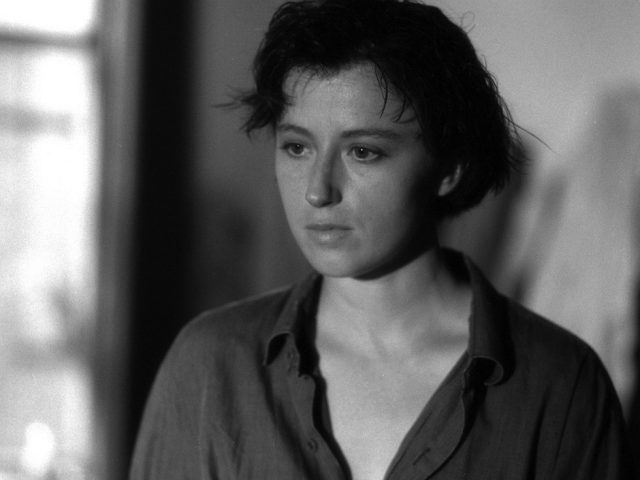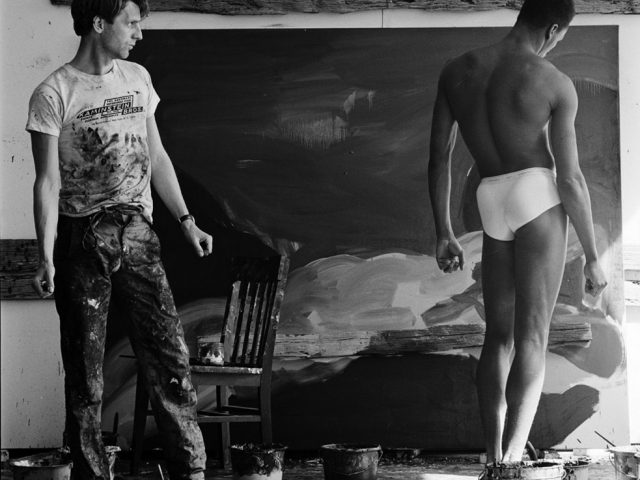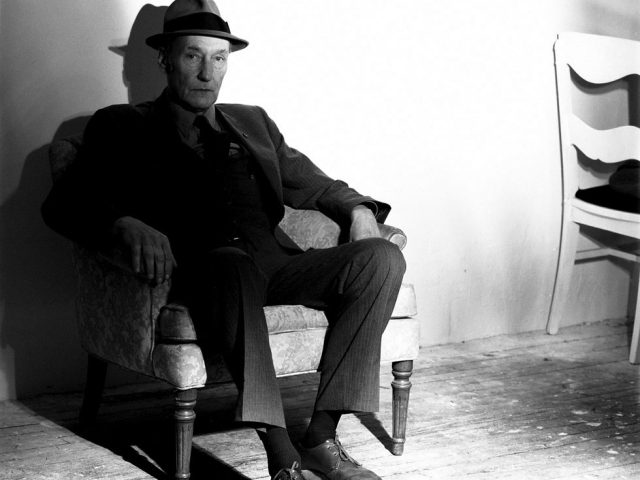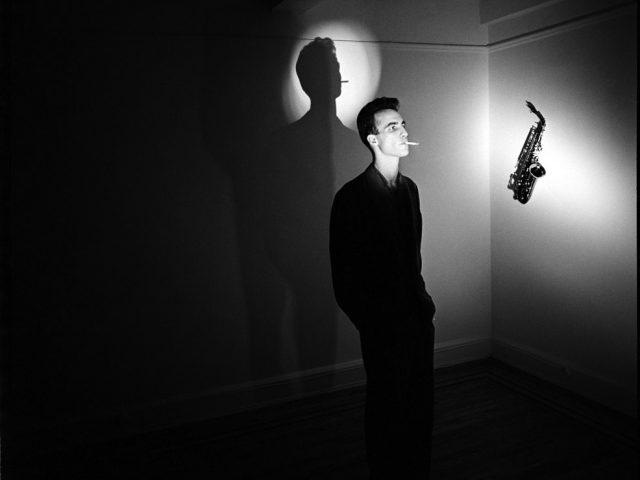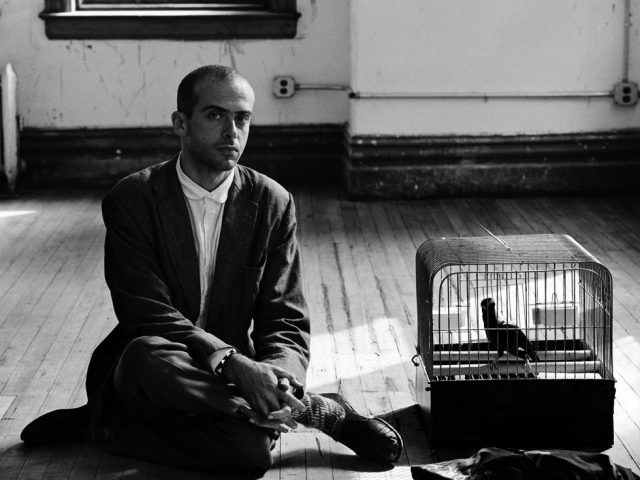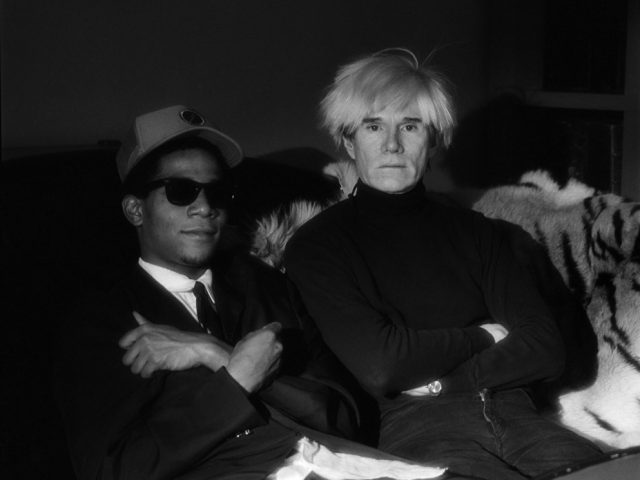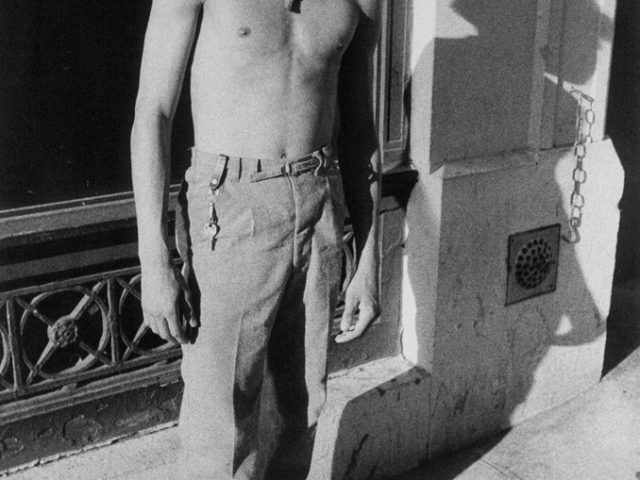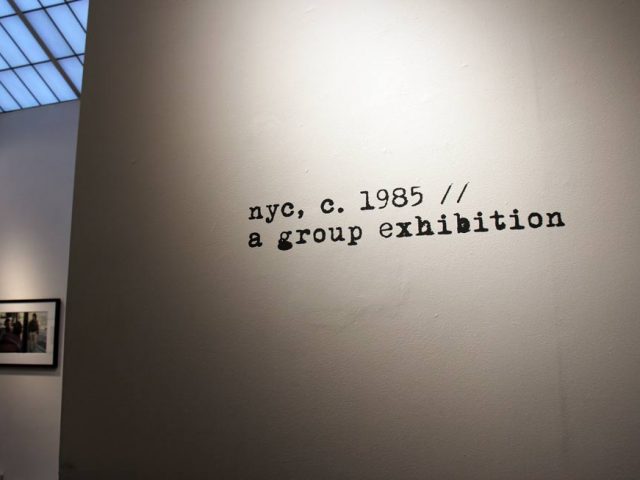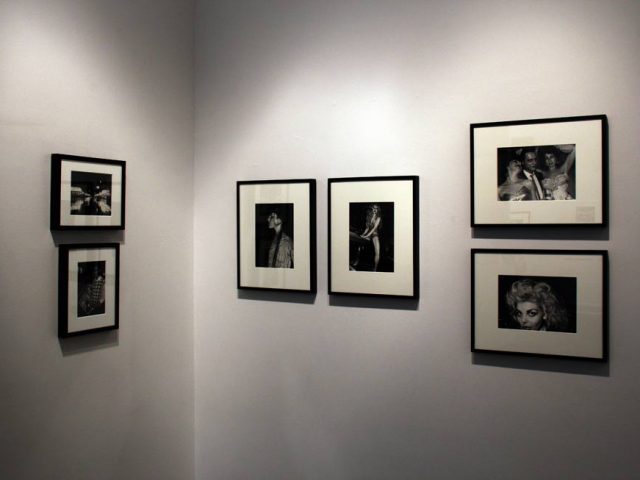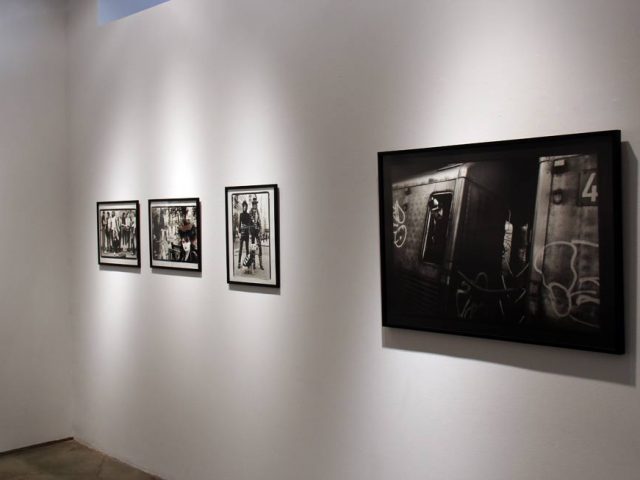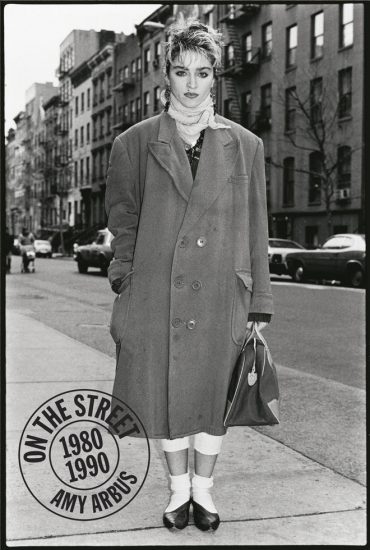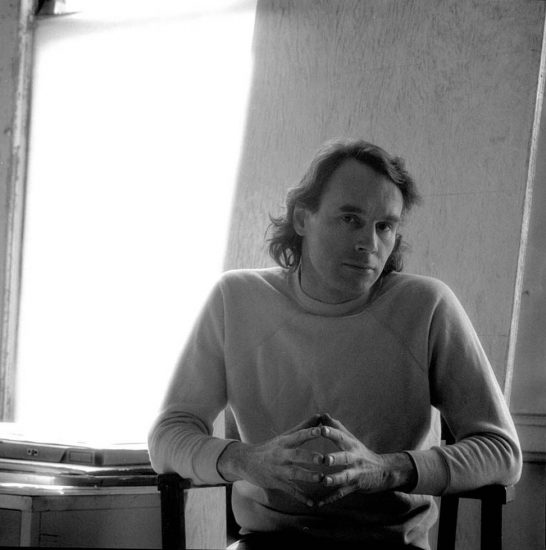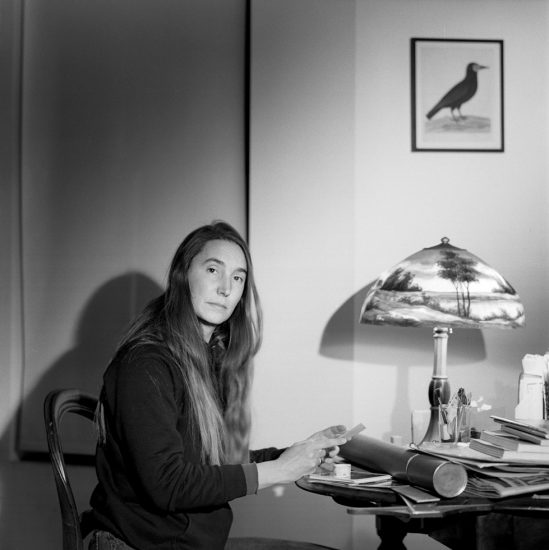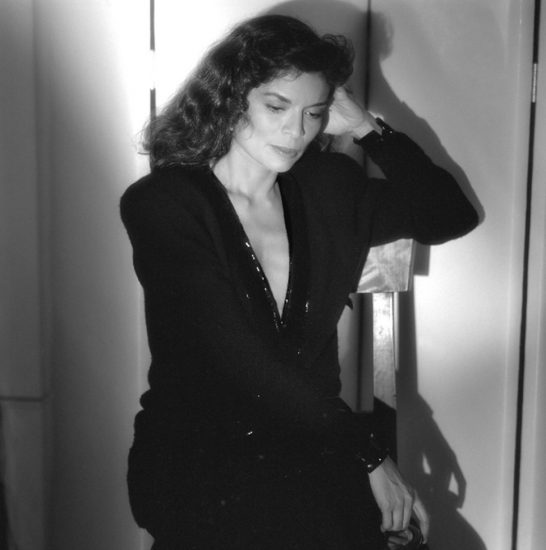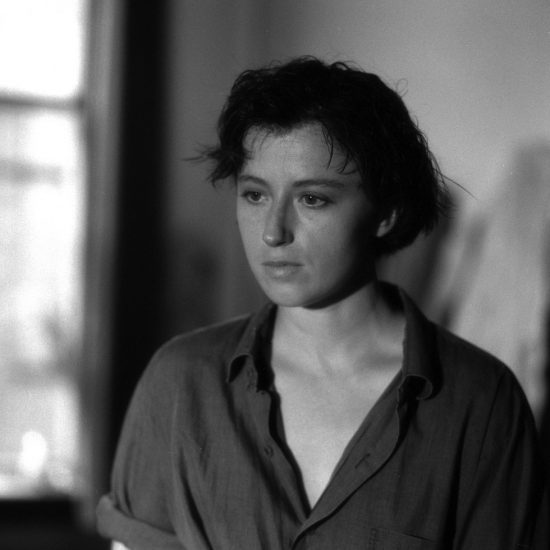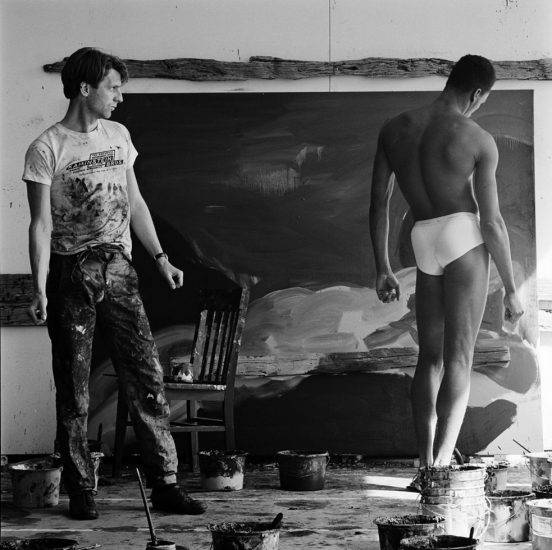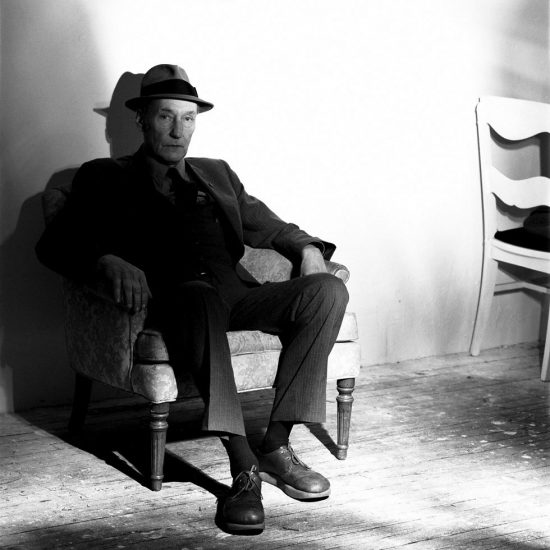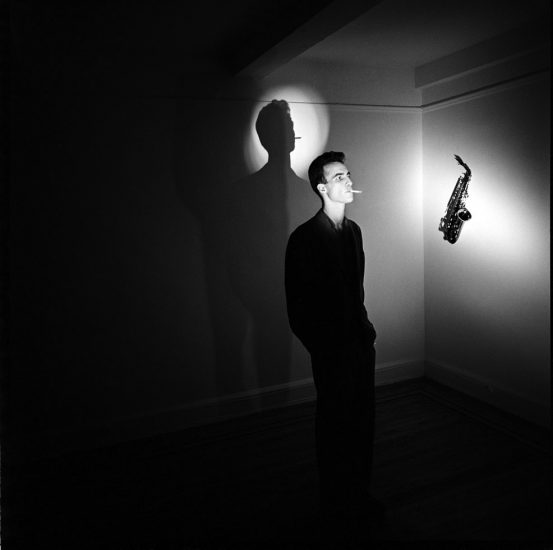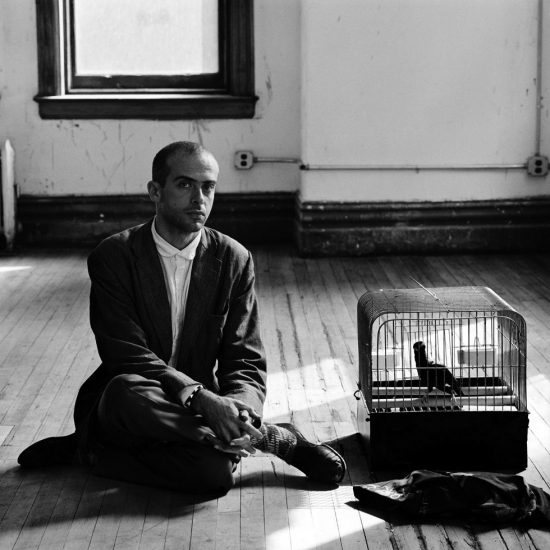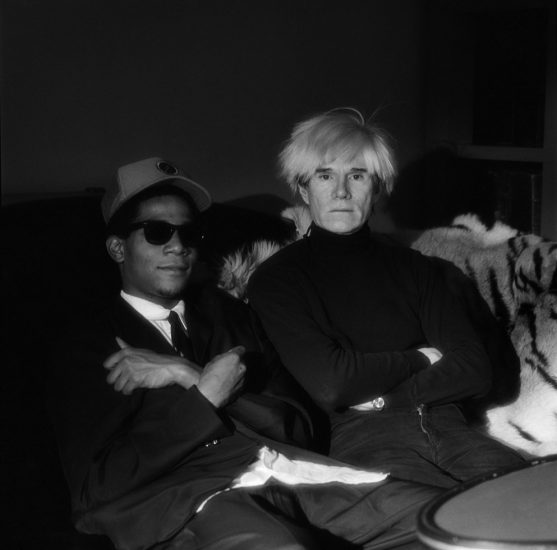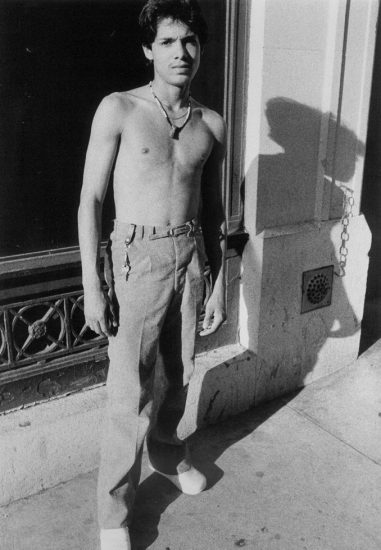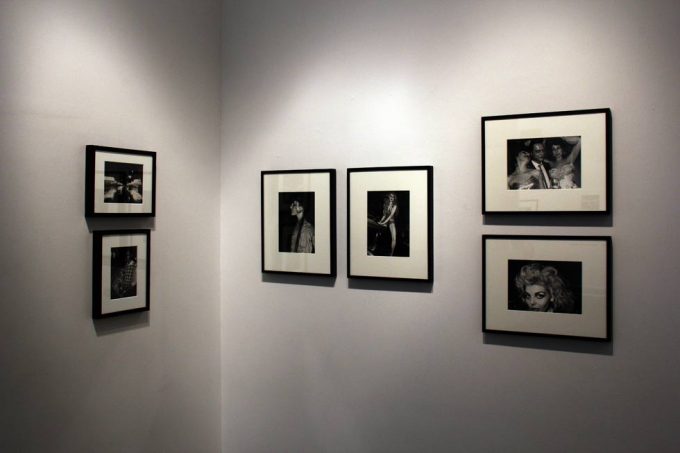May 23 – July 3, 2013
Artist’s reception:
Thursday, May 23, 2013
6:00 to 8:00 p.m.
ClampArt is pleased to present “NYC, c. 1985,” a group exhibition including artworks by Armand Agresti, Amy Arbus, Janette Beckman, Larry Clark, Janet Delaney, Andrew Garn, Nan Goldin, Arlene Gottfried, Keizo Kitajima, Catherine McGann, Jeannette Montgomery Barron, Mark Morrisroe, Christine Osinski, Gunar Roze, Les Simpson, Gail Thacker, and Brian Young. The show coincides with the release of Jeannette Montgomery Barron’s monograph, Scene, from powerHouse Books (Hardcover, 136 pages, 11.7 x 9.2 inches, $40).
Through a wide range of photographic images by both established and less-familiar artists, the exhibition represents a major metropolis in transition. Compared to the 1970s, a restrained optimism prevailed to a certain extent in New York City over the next decade with the Wall Street boom and a general decline in unemployment. However, such appalling blights as homelessness, violent crime, and racial tensions—not to mention the explosion of the AIDS epidemic—all served to shred the very social fabric of the city.
ClampArt’s exhibition includes work that depicts both the high and the low in terms of culture, from Jeannette Montgomary Barron’s portraits of many now-canonized visual artists (including Andy Warhol and Cindy Sherman) and social luminaries (such as Bianca Jagger) to Les Simpson’s blithe snapshots of club kids and drag queens.
Many of the images in the show highlight the burgeoning punk and later new wave and Hip Hop music scenes with portraits of Madonna and The Clash by Amy Arbus, and Run DMC by Janette Beckman.
The range of fashions of the era are well documented by Gunar Roze’s portraits of people on the streets and Keizo Kitajima’s gritty shots of downtown nightlife.
Other artists like Armand Agresti, Janet Delaney, Arlene Gottfried, and Christine Osinski depict disparate neighborhoods in Manhattan and the other four boroughs, highlighting the rapid development and gentrification witnessed over the next thirty years—often at the loss of an edgier, freer (albeit much more dangerous) urban environment.
“NYC, c. 1985” reflects the diversity which has always defined the city, in addition to its propensity for constant change which ultimately underlies the energy of the place and its people—for better or for worse.


